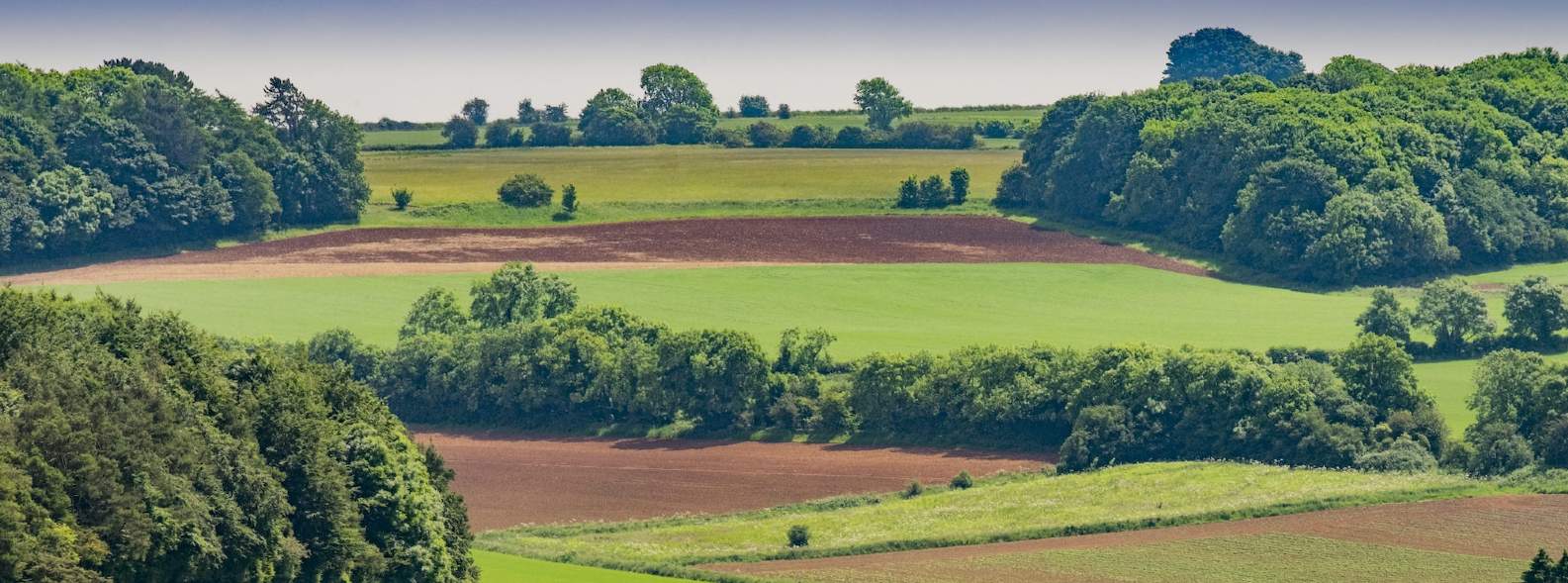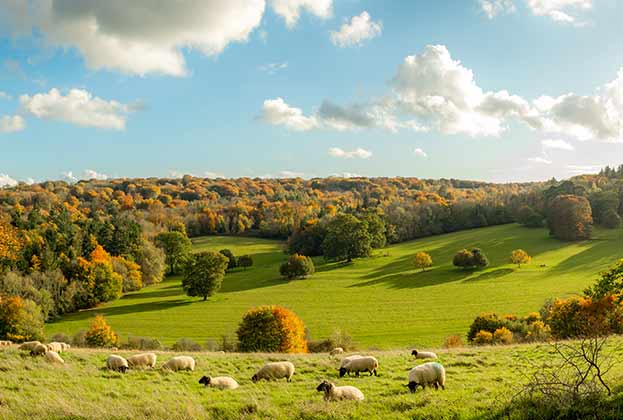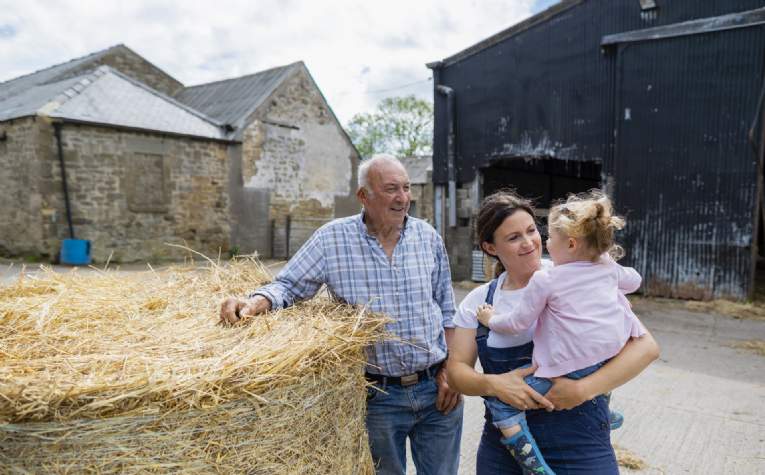The core problem facing UK agriculture at the moment is not net zero, but the lack of a common purpose. I took part in a debate at the Yorkshire Show in July called ‘Brand Britain on agriculture’s global stage’, with Andrew Meredith of Farmers Weekly, local MP Robbie Moore and Janet Hughes, Defra Programme Director for the Future Farming and Countryside Programme, where we discussed all sorts of interesting things about the new Environmental Land Management scheme and how to respond to trade deals undermining domestic production, without getting to the core of the question as to what ‘Brand Britain’ actually meant.
A brand has to be driven by a story that aligns the purpose of the organisation with its audience or customer base, and for the last 50 years, our ‘purpose’ as a sector has been to respond to the pillars, schemes and drivers of the Common Agricultural Policy.
As this scheme fades away, I have been talking about ‘ripping off the sticking plaster’ that the CAP created in terms of land use bureaucracy in defining how we are using farmland. For landowners in particular, the twin drivers of UK agricultural policy change and climate change mean we need to ‘start with why’, as author Simon Sinek suggests. Why do you own land (if you are lucky enough to do so)? And how do you want to use it to meet whatever goals derive from your ‘why’ purpose?
For every owner, this ‘why’ question is unique, but breaking the subsidy dependency cycle is core to the emerging narrative we are trying to adopt in the UK. US regenerative advocate Gabe Brown has been vocal in explaining how regenerative principles break the commodity-subsidy cycle and return power to the farmer and the land. The idea is gaining traction across the UK. However, the regenerative story is only powerful because it speaks to an ancient narrative around rebirth (see The Seven Basic Plots by Christopher Booker for context).
Regeneration means taking what is stuck or broken and reforming it in a new and improved shape. The problem is that this narrative only works once. In The Lion King, Simba comes back from exile, takes over Pride Rock, restores balance and everyone lives happily ever after. End of story, right? My concern with our fixation on regeneration (and by extension rewilding) is that we don’t ever rebalance the system and will end up in a continuous cycle of rebirth and destruction each time with the same systemic challenges to fix, more like Groundhog Day.
Self-determination alone makes the regenerative brand narrative enticing, but government is super-charging it by asking us to be the heroes of climate change. Private natural capital markets are being encouraged to both support farmer incomes and to enable corporate investment in offsets and ‘nature-based solutions’. Farmers across the country seem willing to wear the cape and unite in fighting a common carbon foe.
The reality is that the goal of reaching net zero is short sighted and arguably misguided if it undermines other essential land-based services, such as our need to eat. Carbon investment requires a change in land use or land management, but the change produces ultimately diminishing carbon returns over a standard 100-year assessment (other than on peat, which can sequester in perpetuity). So, we might get to net zero by 2050 (or 2040) with lots of land use change and technological intervention, but then what?
One may well ask whether that is our concern, here and today. If the money is there, rational business actors will respond to market signals and do whatever they can to hoover up carbon pounds. But a 28-year time frame (to 2050) is well within the predictable career of most new entrants to agriculture and even those like myself who are firmly mid-career. For those with multi-generational aspirations, it is but a blink in time.
Our collective farming story is not going to end at the point of maximum soil carbon sequestration, with UK farmers content and happy and the system fixed. We need to think differently if we’re going to have a narrative for ‘Brand Britain’ agriculture that takes us beyond retirement and into our own next generation.
Farming should not be a short-term opportunity, but a clear vision as to how do we do this in perpetuity. We need to break the narrative of beating the system for self-gain and self-improvement and consider how farming collectively is playing a role that provides a valuable and irreplaceable service for others.
Bill Murray’s character in Groundhog Day ultimately breaks the spell, by putting others’ interests above his own. We have to remember that for farming, managing carbon is just one element of true sustainability, not the only one. For those with succession ambitions and a collective interest in the wellbeing of our sector, seeing beyond the carbon message is critical in finding a 'why' for post-CAP agriculture. The age old saying of 'Live as if you’ll die tomorrow, farm as if you’ll live forever' should not be forgotten.

.jpg)
.jpg)
.jpg)
.jpg)

.jpg)


.jpg)
.jpg)